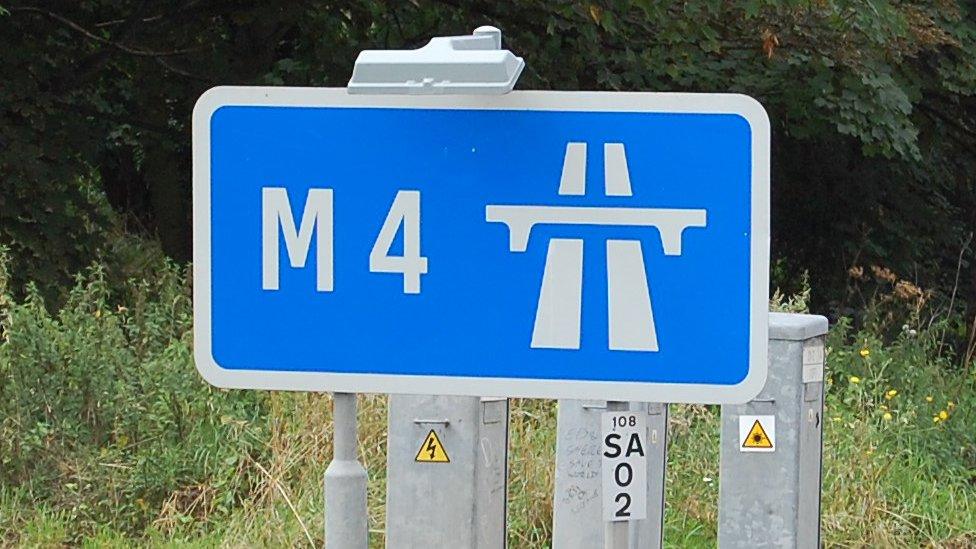What has the Future Generations Act done for Wales?
- Published
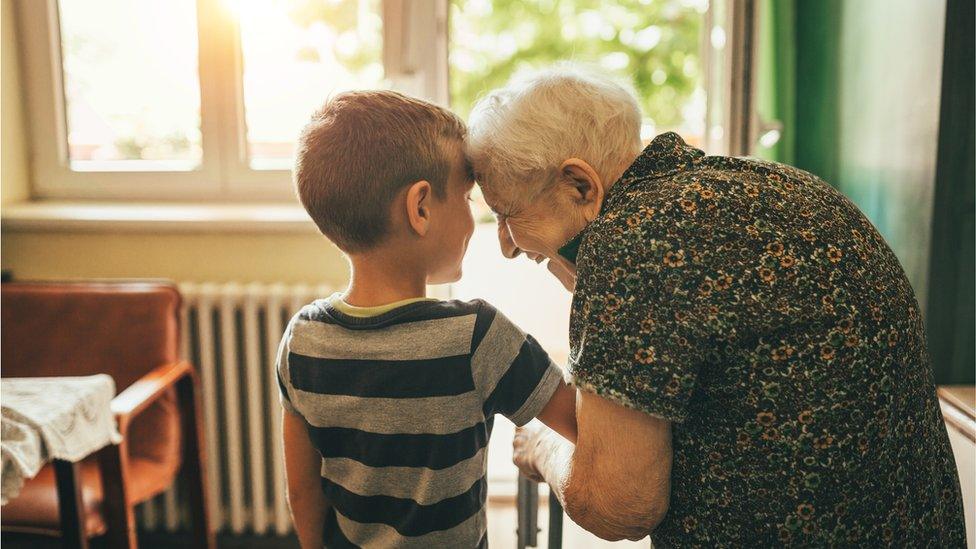
The act compels public bodies to come together and think widely about the impact of their decisions on future generations
Public bodies must be more ambitious, adventurous and resourceful if the Well-being of Future Generations Act, external is to improve long-term living standards, according to future generations commissioner Sophie Howe.
It has been two years since the act came into force - the Wales Audit Office, which has reviewed progress so far, external, said public bodies must match their enthusiasm for the new law with action.
It found good examples of public bodies working differently, but said these organisations - from councils to national parks and the health service - must now show they are applying the act "more systematically".
What will the act actually change?
It is a Welsh law that came into force last year and affects everything any public body does.
It says all public organisations have to take into account the long-term effects of any decision they make and also the knock-on impact it may have, in terms of the prosperity of people in Wales, its environment, culture and communities.
The aim is for Wales to develop long-term solutions to issues like poverty, ill health, poor air quality, low-quality jobs - in a long-term, non-party political way.
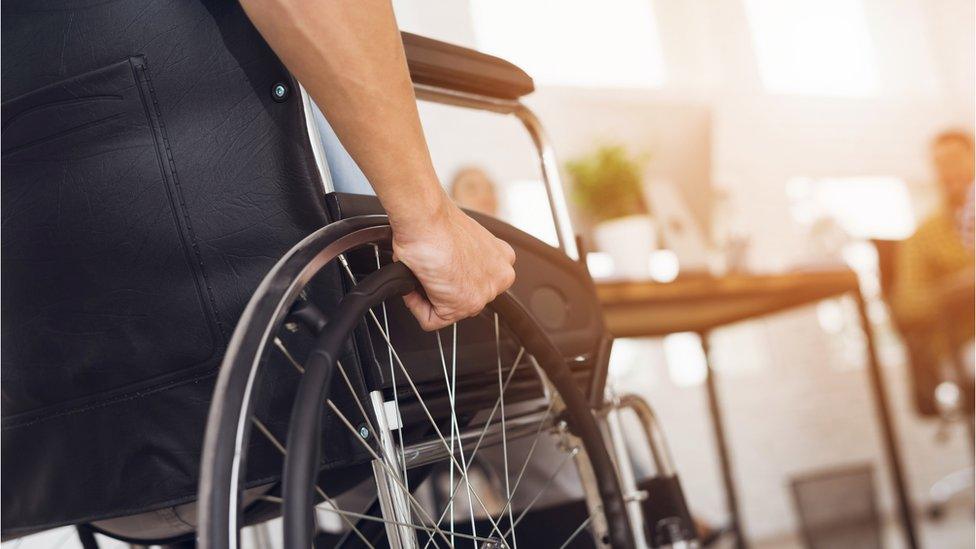
Helping disabled people into work is an example of a policy that reduces social and financial costs to other services
That sounds broad - give me an example...
One common situation is public bodies working to attract new companies into an area - now these decisions must not just focus on creating new jobs, but also take into account the effect on communities, health, transport links, the environment and more.
Another example is looking at equal employment opportunities. Ms Howe said at present only 1% of apprenticeships go to disabled people and this will have a negative knock-on effect.
"If those sorts of issues are not addressed, those disabled people who are not getting access to work are more likely to have demands on our health service, more likely to have social care demands. It's about... how taking decisions in one area [can] have benefits across a number of different areas."
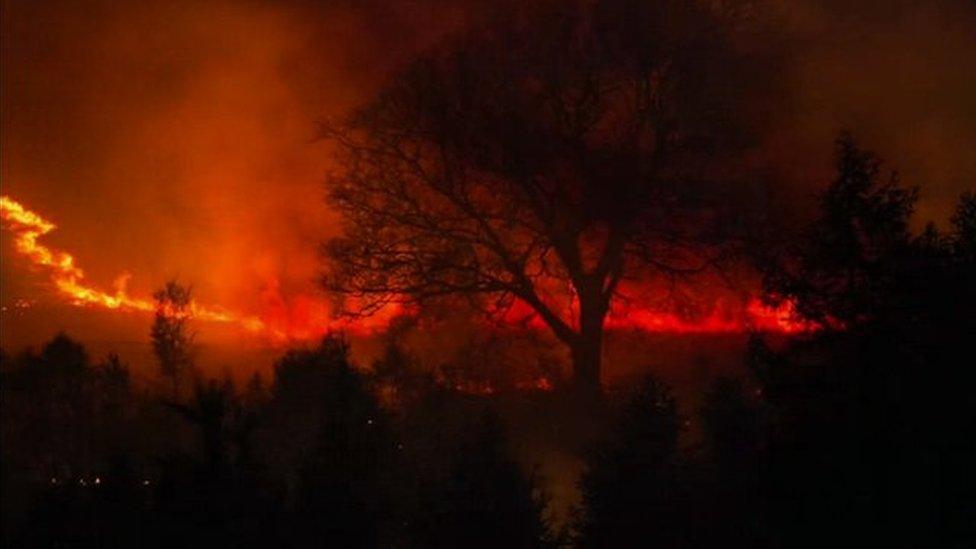
A group of public bodies in Rhondda Cynon Taff have worked together to prevent wildfires
What has happened in practice so far?
Public Service Boards have been set up for every local authority in Wales. They have to include representatives from the local council, health board, fire and rescue authority and National Resources Wales - and it can also involve services such as probation and voluntary groups.
They have to publish a local "well-being plan" and explain how that will lead towards goals set in the act. You can see the assessments for where you live here, external.
Several localised examples are mentioned in the future generations commissioners' report, external including a project between several organisations to prevent wildfires in the south Wales valleys, and Public Health Wales providing value for money by revamping their office by recycling and refurbishing as many fixtures and fittings as possible.
What does the future generations commissioner do?
Primarily, Ms Howe's role is to help and advise public bodies on applying the act and highlight better ways of making decisions.
The commissioner's office has to monitor how public bodies are changing the way they do things.
She also has a duty to make sure decisions are not made that the next generation will have to pay for in 30 years.
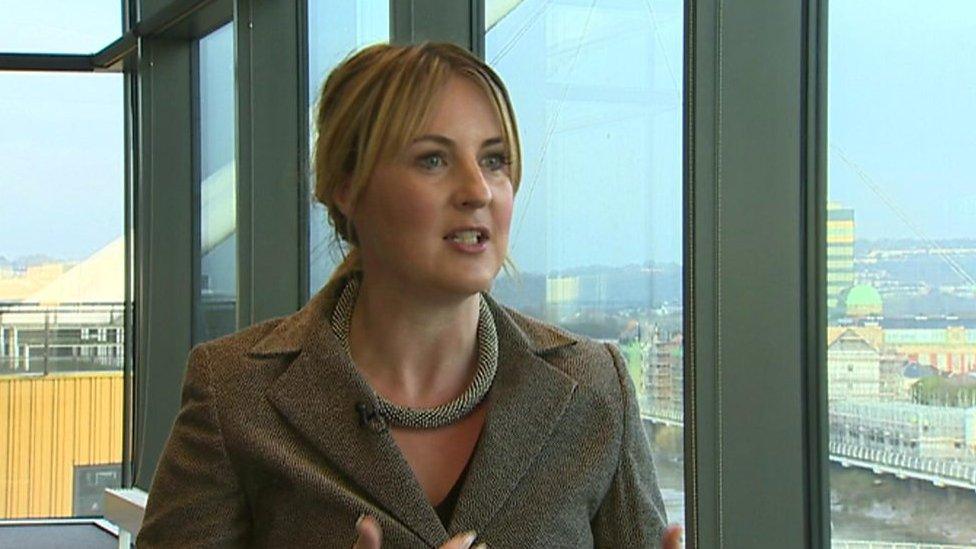
future generations commissioner Sophie Howe
So can she reverse decisions she does not think are good for the future?
No. The commissioner does not have the power to stop things from happening or to make things happen.
However, where she does not think a public body has behaved within the spirit of the act she can carry out a review and make recommendations about how they do that better in the future.
She described these as "name and shame" powers.
"No public body wants to be named and shamed, but the legislation doesn't go far enough for me to stop things happening," she said.
"You have elected politicians who need to be answerable to their constituents in terms of whether they are taking the right decisions - my job is to help them to do that."
The ultimate test of whether the legislation has teeth could be through judicial review in the courts - where a judge would assess whether a public body has followed the act while making a decision.
"Quite possibly we may well see those powers used within the judicial review in the not-too-distant future," she added.
One such case could potentially be the Welsh Government's M4 relief road decision. Ms Howe does not think the act has been applied to this £1.1bn proposal.
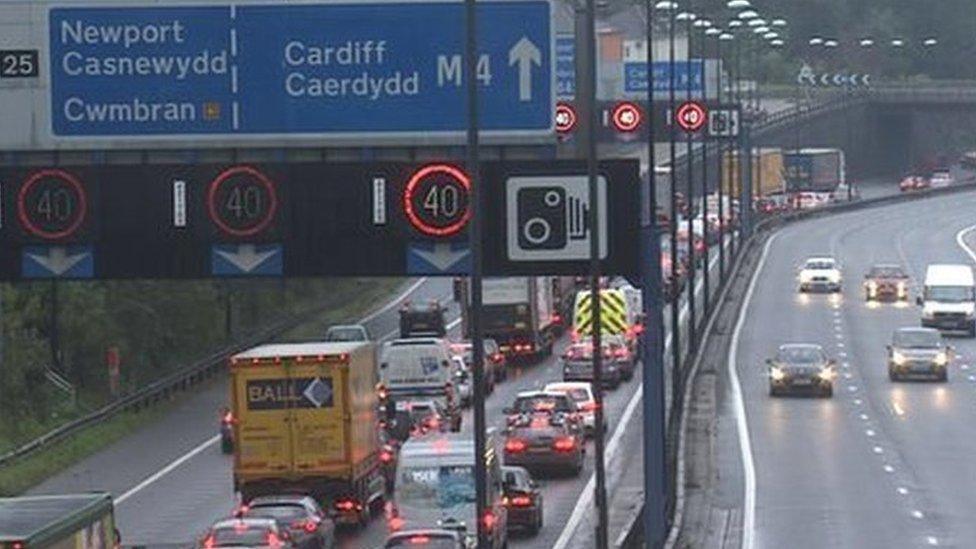
Ms Howe is opposed to the M4 relief road proposals
How has the general public responded?
While there may be cynicism in some quarters whether such an act can bring about cultural change, Ms Howe said the law is empowering the public.
She said: "Since I've been in office we've had hundreds of pieces of correspondence from the general public who are saying we don't think this particular public body has applied the Future Generations Act, what can I do about it?"
The act has set out to revolutionise how policy is made, but its success will be judged on the practical difference it makes to these people's lives - something which is too early to assess.
- Published11 October 2017
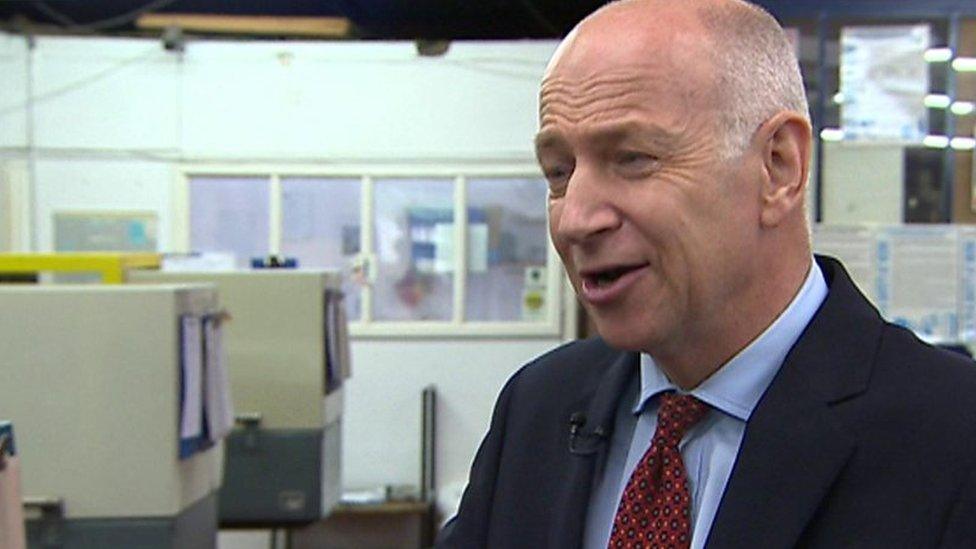
- Published25 September 2017
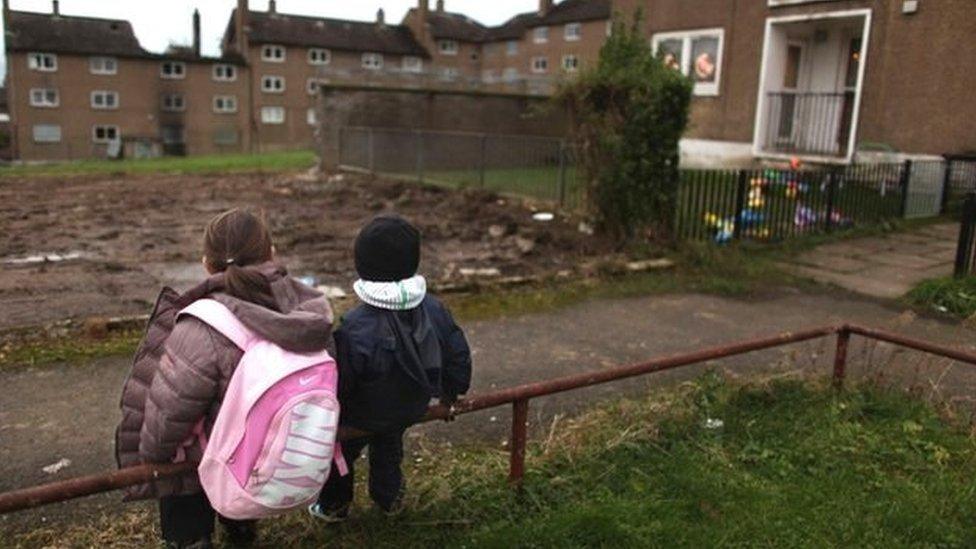
- Published2 November 2016
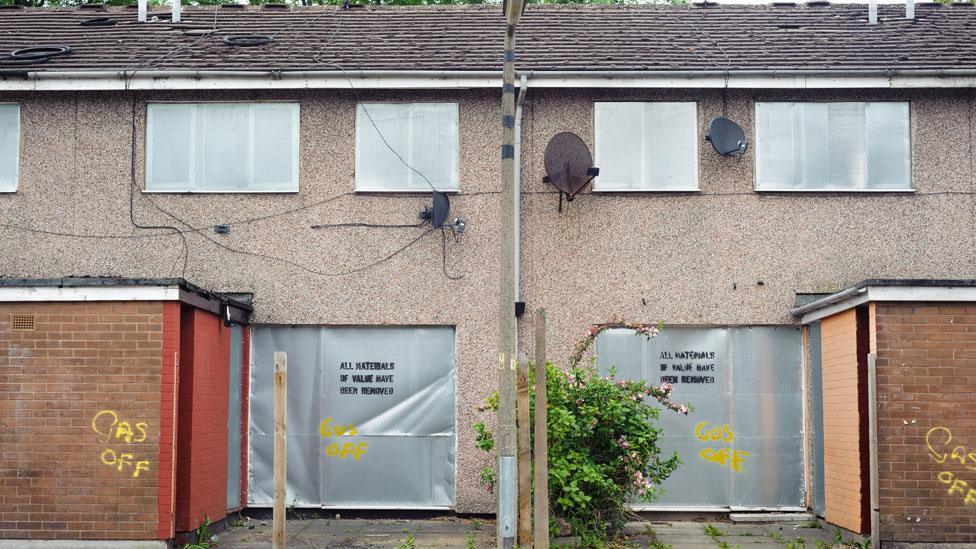
- Published14 September 2017
